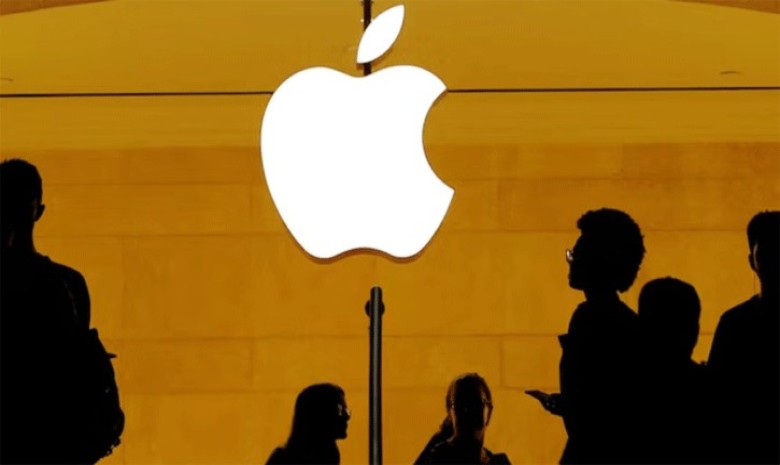Google will not be forced to sell its Chrome web browser but must share key data with competitors, a US federal judge has ruled, concluding a landmark antitrust case over the tech giant’s dominance in online search.
District Judge Amit Mehta issued the decision on Tuesday, following years of legal proceedings centred on Google’s position as the default search engine across devices and platforms, including its own Android and Chrome, as well as on products by companies like Apple.
The US Department of Justice (DOJ) had sought a more severe remedy — demanding Google divest from its Chrome browser. However, Judge Mehta rejected that request, stating a full break-up would be “a poor fit for this case.” Instead, Google is now barred from entering exclusive agreements and must provide search data access to rivals.
The ruling comes after Judge Mehta determined last year that Google had illegally maintained a monopoly in the search market, employing unfair practices to cement its dominance in violation of US antitrust laws.
While Google had denied any wrongdoing since the case began in 2020 — arguing its popularity stemmed from superior service rather than anti-competitive behaviour — it had suggested softer remedies, such as limiting revenue-sharing deals with firms like Apple to secure default search placement.
Reacting to Tuesday’s judgment, Google welcomed the decision as a reflection of the tech industry's evolving landscape.
“Today’s decision recognizes how much the industry has changed through the advent of AI, which is giving people so many more ways to find information,” the company said in a statement.
“This underlines what we’ve been saying since this case was filed in 2020: Competition is intense and people can easily choose the services they want.”
The company will also retain control over its Android operating system, which powers the majority of smartphones worldwide. Google had argued that spinning off Android would impair its functionality.
Assistant Attorney General Abigail Slater, responding to the judgment on X (formerly Twitter), acknowledged that while the court’s remedies aim to restore competition in the search market, the DOJ is assessing whether they go far enough.
“Today’s remedy order agreed with the need to restore competition to the long-monopolized search market, and we are now weighing our options,” she wrote.
Following the ruling, Alphabet’s stock surged over 8%, buoyed by relief from investors who had anticipated harsher outcomes. Analysts noted that smartphone manufacturers such as Apple, Samsung, and Motorola also stand to benefit from the decision.
During the trial, it was revealed that Google had paid over $26 billion in 2021 to companies including Apple and Mozilla to secure exclusive placement of its products. Under the new ruling, Google can no longer engage in such exclusive arrangements for services like Google Search, Chrome, Google Assistant, or the Gemini AI app. However, it may still pay distributors for default placement — just not under exclusive terms.
As a result, device manufacturers will now be free to pre-install or promote alternative search engines, browsers, and AI assistants, potentially loosening Google’s grip on default positioning.
Industry analysts called the decision a win for Big Tech.
“Apple also gets a nice win because the ruling forces Google to renegotiate the search deal annually,” said Gene Munster, managing partner at Deepwater Asset Management.
Melissa Otto of S&P Global Visible Alpha added the ruling was less severe than expected, allowing major players to continue benefiting from distribution deals tied to Google’s nearly $200 billion search business.
Not everyone welcomed the decision. Google rival DuckDuckGo criticised the outcome as insufficient.
“The court failed to force the changes necessary to address Google’s illegal behaviour. As a result, consumers will continue to suffer,” said CEO Gabriel Weinberg.
The ruling does not mark the end of Google’s legal challenges. Later this month, the company is set to face trial in a separate Justice Department lawsuit, in which a judge previously ruled Google maintained illegal monopolies in digital advertising technology.
Source: BBC
Total views: 1001



























